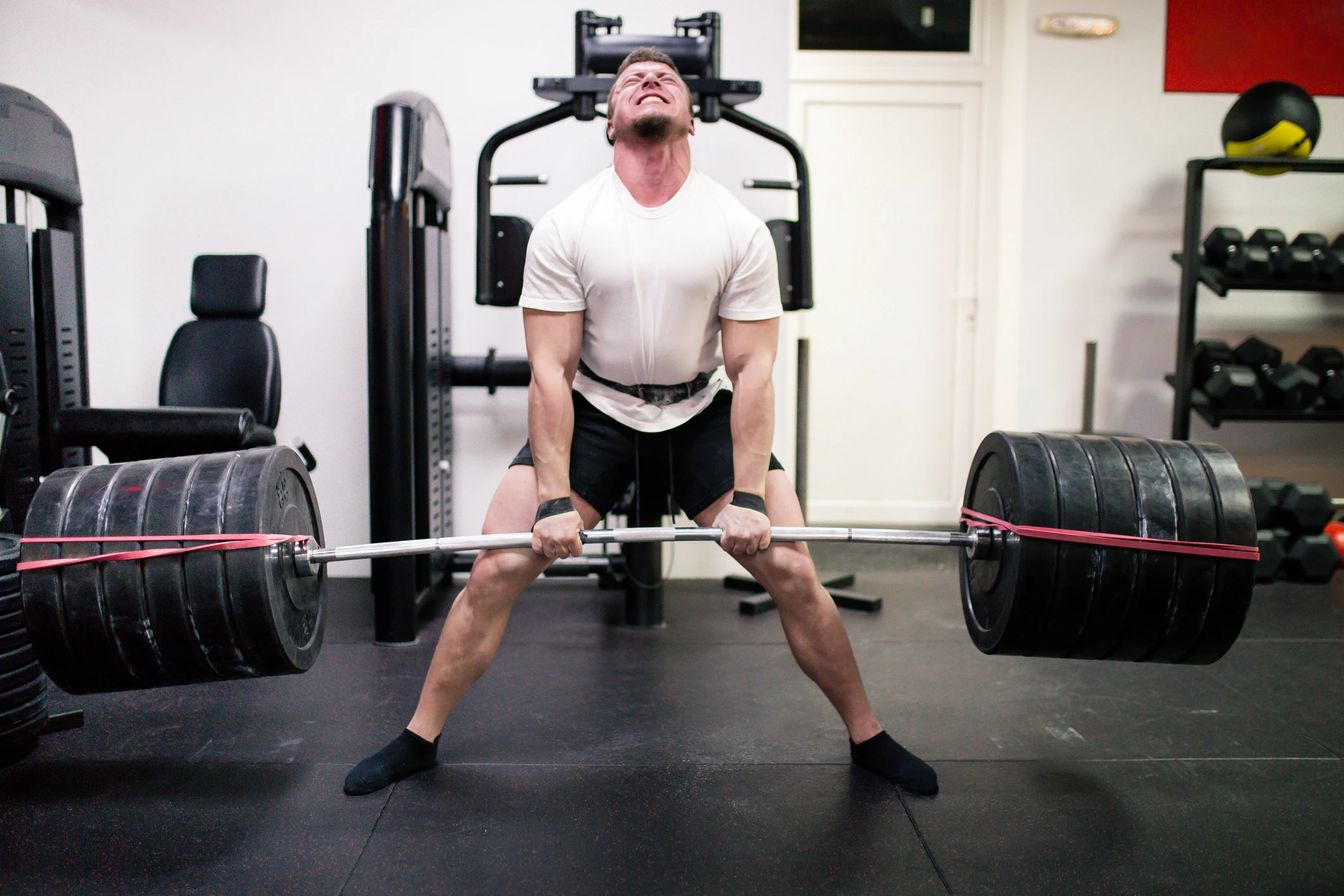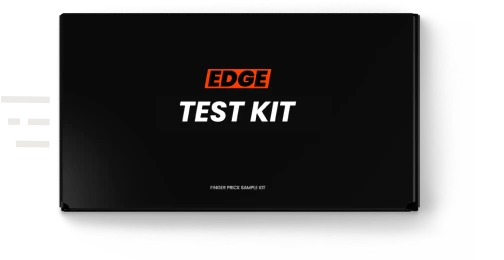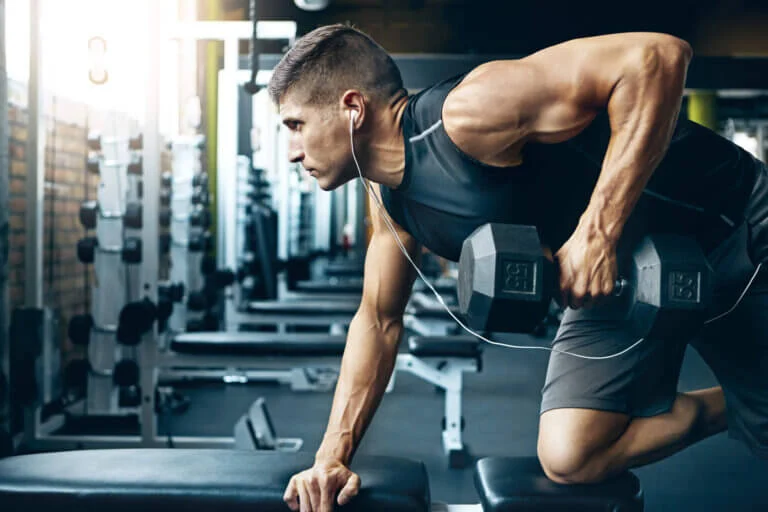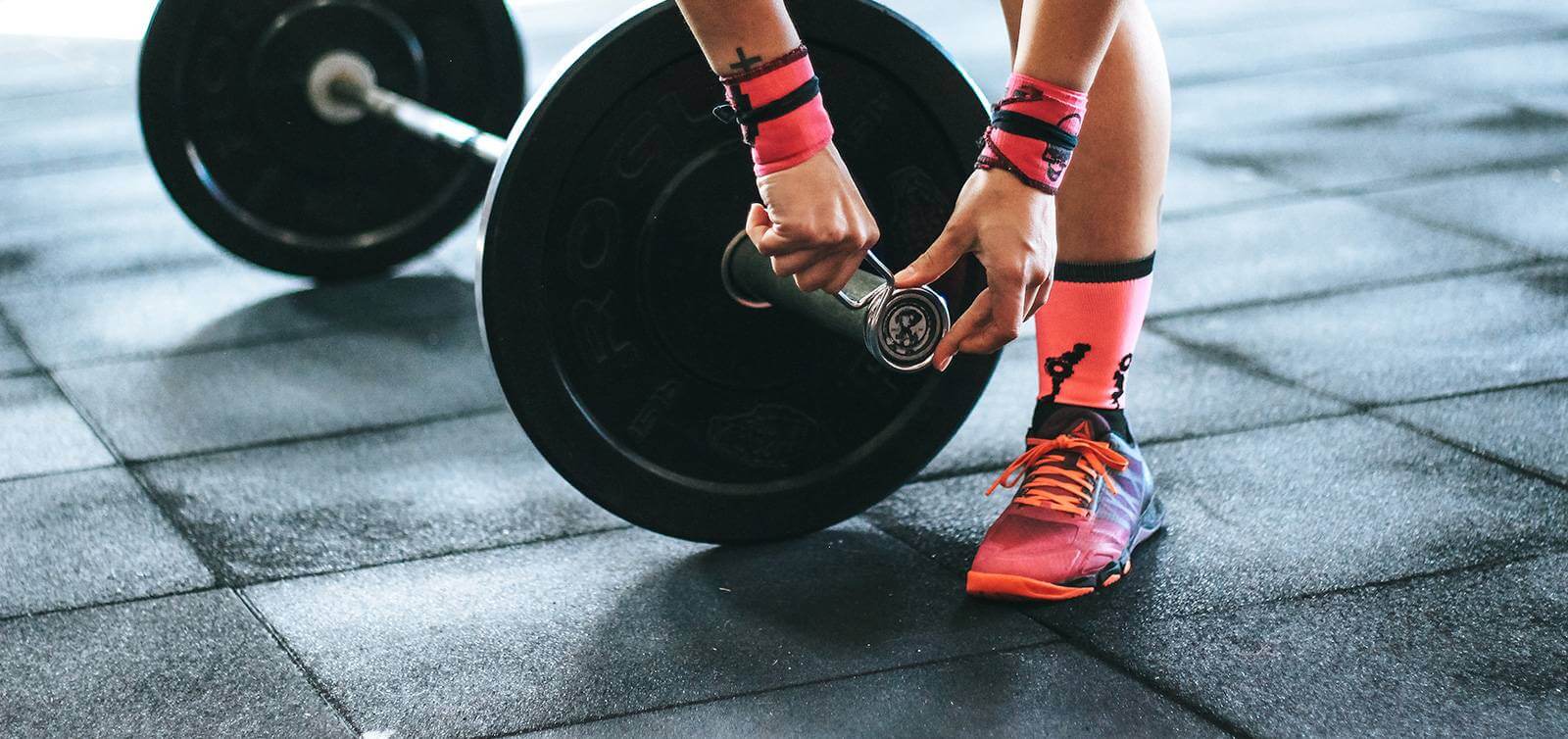
Strength
What is Ego Lifting?
Are you ever tempted to pile on extra weight when lifting, just to impress others at the gym? Do you try to lift more than you know you can handle, just to prove something to yourself? If your answer is yes, you may be guilty of ego lifting.
So what is ego lifting, exactly? It’s when you lift weights that are too heavy for you, without proper form or technique. It’s about prioritising your ego over your physical health and strength-building goals.
1 min read
Published on
January 2, 2024
Written by
EDGE
Share this article
Signs You're Ego Lifting
How can you tell if you're guilty of ego lifting? Here are a few tell-tale signs:
-
You add more weight than you can handle
-
You sacrifice good form and technique just to lift heavier weights
-
You aren’t seeing any change in your strength or physique
-
You’re getting sore joints
If any of these sound familiar to you, don't worry - you're not alone. Many gym-goers fall into the trap of ego lifting, but the good news is that it's a habit that can be broken.
It's important to remember that lifting weights is not a competition. While it's natural to want to improve and progress, it's crucial to do so in a safe and sustainable way. Adding weight to your lifts should be a gradual process, and you should always prioritise good form and technique over the number on the bar.
One way to break the habit of ego lifting is to focus on your own progress, rather than comparing yourself to others. Keep a workout log to track your lifts and celebrate your own personal records. Remember that everyone has different strengths and weaknesses, and it's okay to have areas where you need to improve.
Another helpful tip is to work with a personal trainer or coach. They can help you develop a safe and effective training program, and provide guidance and support as you work towards your goals. They can also help you stay accountable and on track, and provide valuable feedback on your form and technique.
Finally, it's important to remember that lifting weights is just one aspect of overall fitness. Don't neglect other important areas, such as cardiovascular health, flexibility, and mobility. Incorporate a variety of exercises into your routine, and prioritise recovery and rest to avoid injury and burnout.
The Importance of Mind-Muscle Connection
One key to avoiding ego lifting is to focus on the mind-muscle connection. This means being fully present in your movements, feeling the muscles as you work them, and contracting them intentionally.
But why is the mind-muscle connection so important? Well, when you lift with intention and a mind-muscle connection, you're able to activate more muscle fibres and stimulate greater growth. This is because you're able to fully engage the target muscles, ensuring that they're doing the majority of the work.
By contrast, when you're focused solely on lifting a heavy weight, you're more likely to sacrifice form and technique, and to miss out on the full benefits of your workout. This can lead to injury and hinder your progress in the long run.
So the next time you're lifting, remember to focus on the mind-muscle connection. It may not be as flashy as trying to lift the heaviest weight in the gym, but it will help you build stronger, healthier muscles in the long run. And who doesn't want that?
Conclusion
Ego lifting may seem like a good way to impress others and boost your own ego, but it's ultimately a self-defeating habit. By prioritising proper form, realistic goals, and a mind-muscle connection, you'll be able to break free from ego lifting and build lasting strength and health
So go ahead and challenge yourself, but do it in a way that's safe, sustainable, and focused on your own goals - not your ego.
Blood test for
Advanced Testosterone
12 Biomarkers Included
sports doctor review
Results in 2 working days
Flexible subscription
Medically Reviewed

This article has been reviewed by our medical expert
Our expert Dr Thom Phillips works in NHS general practice and has a decade of experience working in both male and female elite sport. He has a background in exercise physiology and has published research into fatigue biomarkers.
Read Next...
Get expert advice to help you improve your results.
Go to our knowledge centerGet 10% off your first order
Want regular tips on how to make the most of your results? Join our newsletter and we'll give you 10% off your order!



